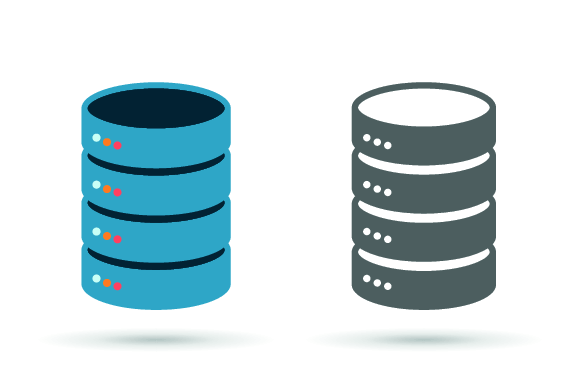Different types of databases
Different kinds of databases
Nowadays it is a given that a website has a database behind it. This is a place where all the data of your website is stored. Think for example of your blog posts or your products from your webshop. You have different types of databases which MijnHostingPartner.nl supports on our hosting. Since we provide Windows hosting, the following types of databases can be used.
MS SQL
MS SQL stands for Microsoft SQL and was developed by Microsoft. In this database you can make sure that your Umbraco website or nopCommerce website is stored safely. There are also many other systems that can work with this. In general, MS SQL databases are linked with ASP.NET applications. For MS SQL databases there may be additional costs as there are license fees involved. Our ASP.NET Core hosting packages include these costs by default and we can host your ASP.NET application for a competitive price.
MySQL
The most common database for websites used by big names such as WordPress hosting or Joomla. Many websites that use PHP to build their website use a MySQL database. MySQL databases have no license fees and are therefore free and unlimited to create in almost all our packages.
SQLite - flat file - MS SQL express
In a number of content management systems that we have covered in various blog posts in recent weeks, they use a SQLlite database or flat file database. These are databases where the database is put directly into the files of the website. Unlike MySQL databases or MS SQL databases where the database resides on a separate server. These kinds of databases are simply supported on our hosting, but we cannot give the same guarantees on them as we can on MySQL or MS SQL. This is because we have less control over them than when they are on a separate MySQL or MS SQL server. The choice in this, however, you are free to make.
But which database are you going to use for your website?
That choice is often made for you by the CMS you use and there is no 1 answer to that. There are also Content Management Systems that give you the choice. For example Pagekit hosting or Umbraco hosting give you the opportunity to choose a local database (SQLite or MS SQL CE) for your hosting or connect directly to MySQL and MS SQL.
